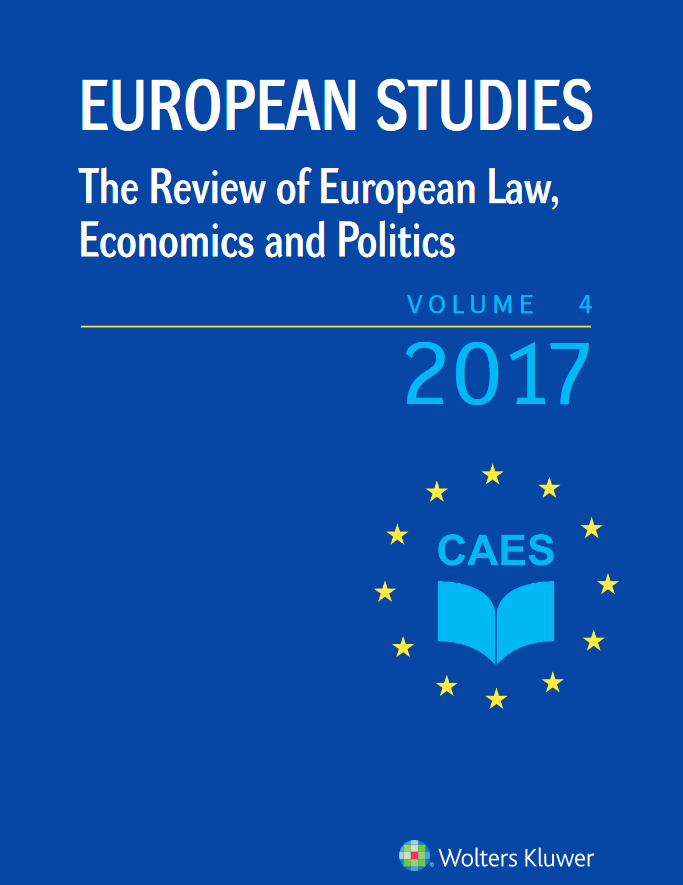Freedom in the Context of Political Power in European Political Thoughts: H. Arendt, J. Patočka a V. Bělohradský
Freedom in the Context of Political Power in European Political Thoughts: H. Arendt, J. Patočka a V. Bělohradský
Author(s): Pavel HlavinkaSubject(s): Political Philosophy, Phenomenology
Published by: Univerzita Palackého v Olomouci_1
Keywords: freedom; policy; totalitarian system; liberal democracy; fenomenology
Summary/Abstract: This text deals with the concept of freedom and its related responsibilities as space while creating the moral dimension of political action. In this context we are analyzed Arendt, Patocka and Bělohradský terms sovereignty, political power, totalitarian system and liberal democracy. Their reflection is guided by a deep respect for the Socratic-Platonic tradition of political thought. Mentioned thinkers also combines their common interest in the phenomenological method. Arendt perceives freedom as the very reason of the existence of politics. Bělohradský repeats Husserl’s and Patočka’s appeal consisting in the search for the original European legacy, i.e. the return to the last instance of your decision-making – personal conscience.
Journal: European Studies - the Review of European Law, Economics and Politics
- Issue Year: 4/2017
- Issue No: 1
- Page Range: 70-80
- Page Count: 11
- Language: English

